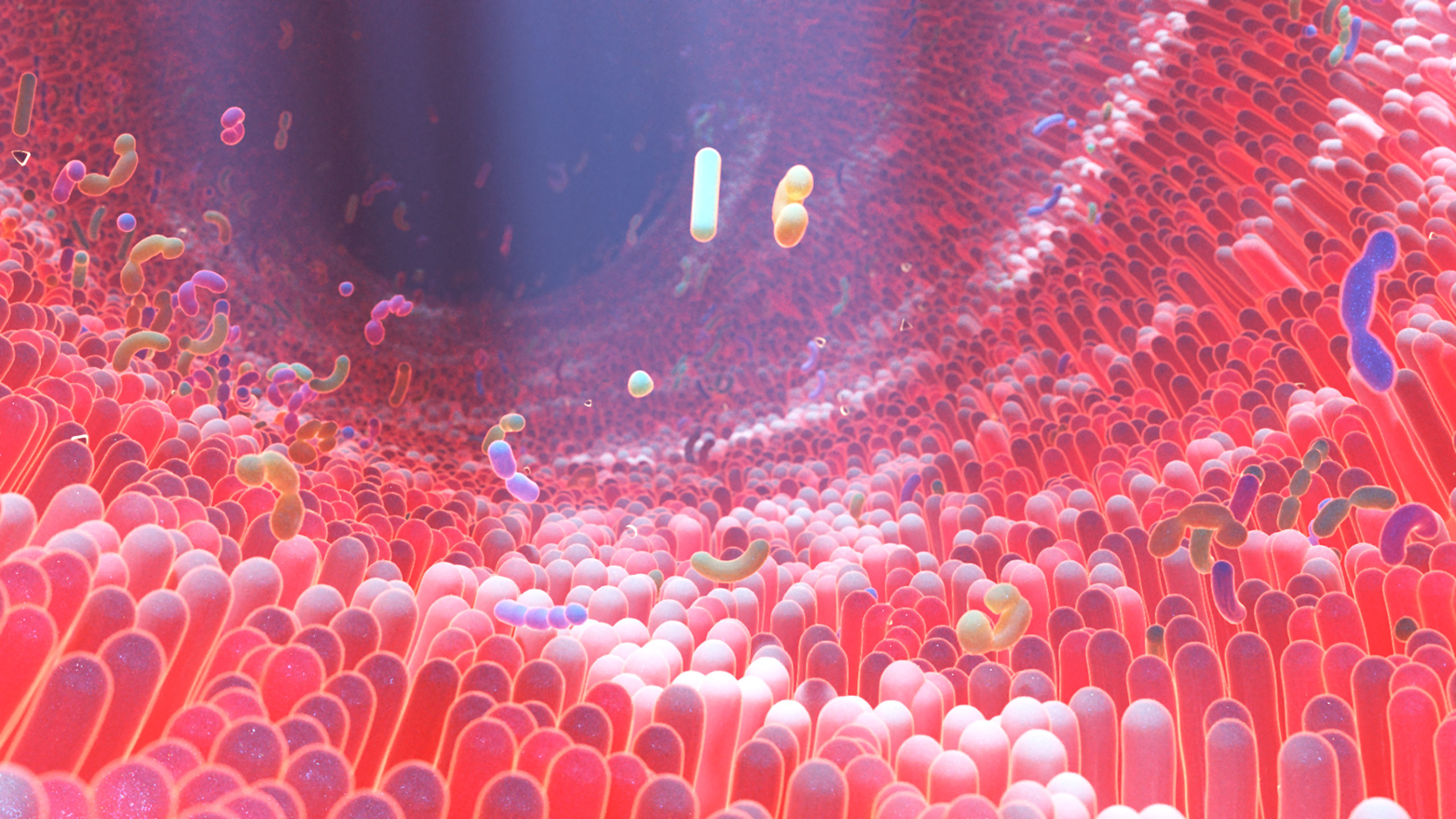Cooking properly for yourself and your gut microbiome is the same thing
Eat as fresh and seasonal a diet as possible with a low meat content – this is the way to do the maximum for the health of your body while ensuring that your personal CO2 footprint remains manageable. We've been hearing this principle for years, and we do our best to follow it. But when we recently stumbled across on Twitter a link to a scientific article on the topic of "nutrition and the gut biome", we became curious. Why is it again that meat is not good for the gut and the billions and billions of bacteria that inhabit it that are, for the most part, beneficial to us? We provide a pared-back version of said article below and highlight the most important points. Spoiler alert: It's complicated!
Oxidative stress is not good
Why processed meat, from bacon to sausages to spreads, is not good news for our gut is now well understood. Components of meat products, namely the saturated fatty acids that act as flavour carriers, are broken down into their constituent parts by bacteria in the gut. If this type of meat product is consumed too often, the gut bacteria that are responsible for processing it become, through constant activity, more and more numerous. And what exactly are they doing? Well, they are busy processing bile acids. Bile acids are derivatives of cholesterol produced in the liver and secreted so that the body can process the fats supplied to it via salami and co. And some of these so-called primary bile acids enter the intestine, where they are attacked and broken down by microbes. The products of this decomposition are known as deoxycholic acid and lithocholic acid and they can trigger "oxidative stress" in the sensitive mucosal surface of the intestine, ultimately damaging the DNA of cells (our valuable genetic material). But remember, this is a very succinctly summarized version of the article and the author is not a scientist. But you can perhaps sense a little where this is going: When tissue oxidizes, it ages faster than planned and needs to be replaced. While this is happening, errors in the duplication of cells occur more often than is strictly necessary – and such errors can, under certain circumstances, degenerate into cancer. Additionally, the agents nitrate and nitrite used to preserve meat products are undesirable substrates (platforms) for microbiological transformation into N-nitroso compounds, which can also cause damage to DNA. The article we refer to here is based on numerous studies and meta-analyses that have addressed the issue.

Banning won't solve the issue
Is meat – namely processed meat which is consumed in colossal quantities around the globe – as toxic as cigarette smoke? Some scientists would certainly see it that way. But, as man is a pleasure- seeking creature who does not always listen to the voice of reason, the alarm bells are largely ignored worldwide. We cannot repeat often enough that Soil to Soul is all for pleasure and enjoyment. It is right not to tell people to stop eating sausages. However, it is also right to exercise moderation when eating sausages and other meat products, no matter how organic or sustainably produced they may be. If you do insist on eating processed meat, then it is all the more important to place value on a fresh and varied diet rich in vegetables. "Health is not primarily influenced by individual foods, but by their interconnectedness and synergistic effects" says this article about the resolutions we should be making. In concrete terms: Those who eat a diet made up largely of ready meals and processed food are turning their guts into factories for substances that harm the body in the long run. Avoiding this is the simplest thing – if you're willing to pay the necessary attention. Soil to Soul sees it as its mission to make a gut-conscious diet more popular and more widespread. Its aim is to promote human health and, in doing so, put the whole of agriculture on a better path, ultimately preserving our agricultural soils for future generations – insofar as we as humans are much less likely to pollute them with unhealthy excretions.

